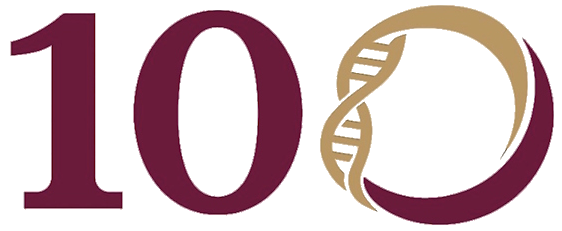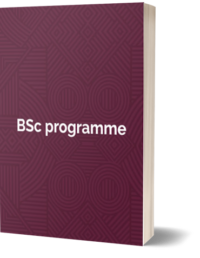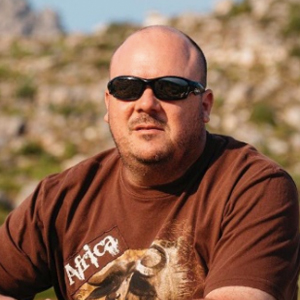Genetics forms the foundation for understanding the intricate blueprint of life, enabling breakthroughs in health, agriculture, and biodiversity conservation. Our undergraduate program provides students with the opportunity to explore the genetic principles that govern living organisms and shape the world we live in.
With a curriculum designed to tackle some of the most critical global challenges, students acquire a strong foundation in genetic. They learn how genetics can enhance human health, improve crop resilience, and protect biodiversity. Combining theoretical knowledge with hands-on experience, the program equips students with the skills and expertise needed to contribute to scientific innovation, sustainable development, and environmental conservation.
Whether your goal is to advance medical research, transform agricultural systems, or protect endangered species, a degree in genetics opens the door to a world of possibilities. This program offers more than just education = it empowers you to play a pivotal role in shaping a better future through the power of genetic science.







